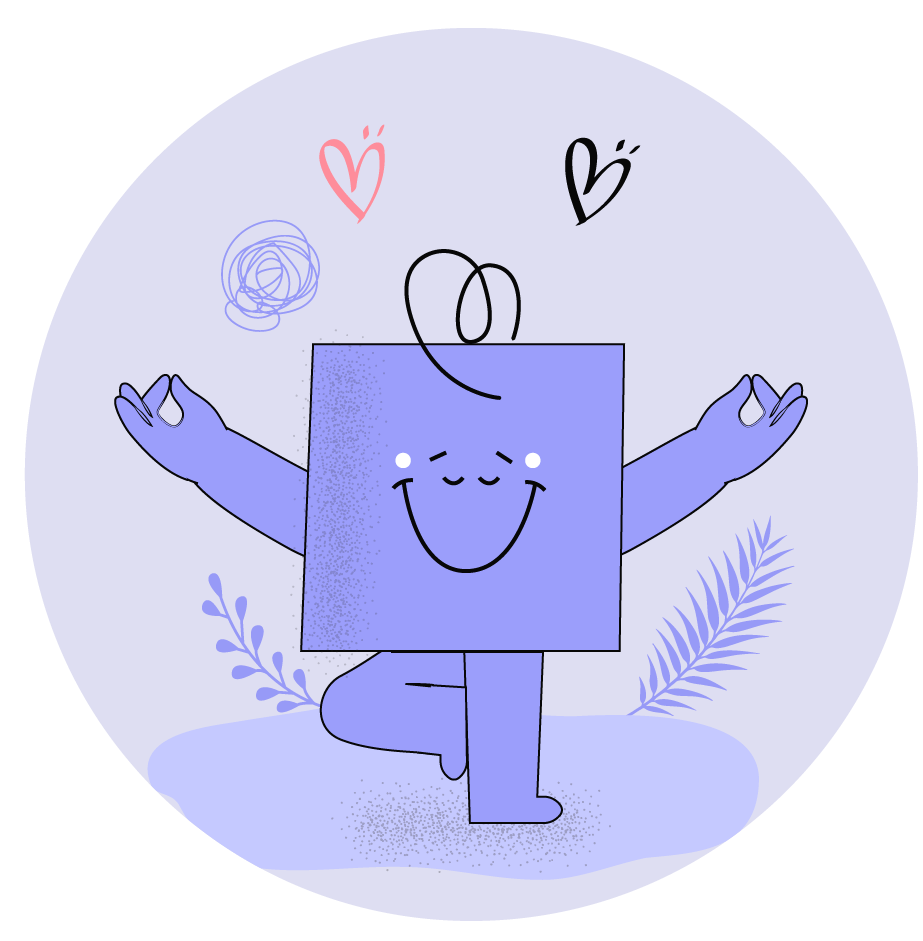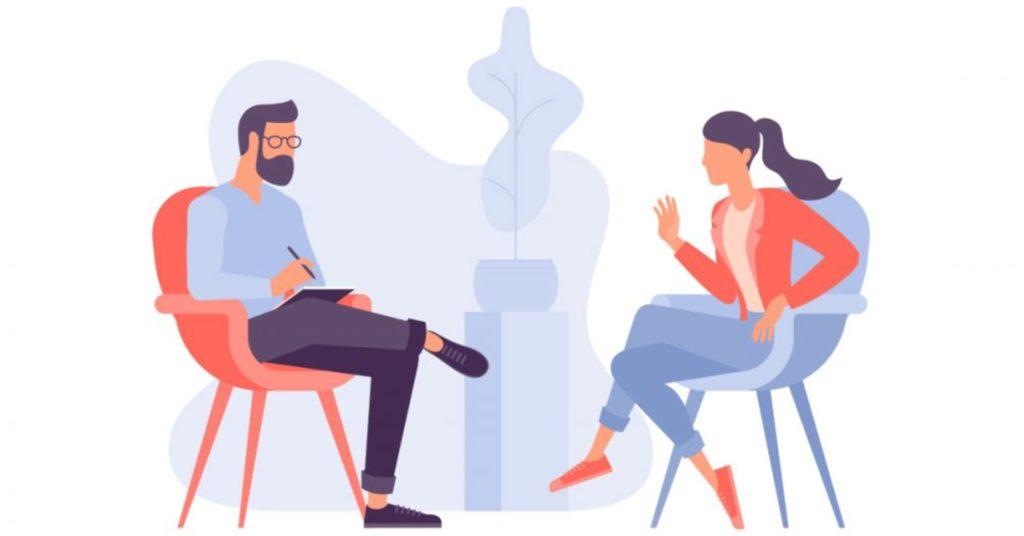A career is an important part of our life. The word ‘career’ itself is very triggering for many individuals. As we are living in a most competitive time, it is very easy to assume that choosing a career or continuing the chosen path can be challenging. However, there are a few ways to deal with this dilemma of what to do in a ‘career’.
What is a career?
The dictionary meaning of career is a field for or pursuit of consecutive progressive achievement, especially in public, professional, or business life. Whichever field you choose for your career, it has to be of your own liking. There are few cases where individuals are expected to select a particular career. The reasons behind this vary from person to person. Few students are expected to select a certain career to fulfill duties or meet standards set by their society or parents; few individuals also experience societal pressure.
In psychological terms, a career is a professional occupation that you pursue for a significant period of your life, which often requires special training. It frequently involves a series of advancements and different position titles as well. It helps you love what you do, respect the people you work with or serve, and share the goals of your employer.
Why is it important to have a career of one’s choice?
Now, if one rethinks the word career, it is safe to say that an individual can experience work satisfaction only if the career is of his/her choice. The very motive behind making a career is to achieve the goal one has set. To achieve that goal, the individual absolutely needs high motivation, work-life balance, passion and liking towards the career they have chosen.
To reach the top in a selected career, one needs to put a lot of effort into work or study. Famous psychologist Edward Thorndike has given a theory of learning. In his theory, he states three important laws for successful learning.
- The first law of learning, according to him, is the ‘law of readiness.’ This law states that to learn something thoroughly and with appropriate understanding, one needs to have that readiness for learning. This readiness includes mental preparations to dedicate oneself to the desired learning.
- The second law of learning is the ‘law of exercise’. Thorndike says that whatever we have learned in our training needs to be practiced. Hence, one needs to keep practicing the learned skills on a daily basis for effective comprehension.
- The last law of learning, according to Thorndike, is the ‘law of effect’. In this law, he states that even if the above two laws are practiced, it is yet important that the individual going through this process should have a pleasant experience. Otherwise, the learning can feel like forced learning.
Let us apply these laws to our topic of career. If we look at a career, it involves thorough training and application of that learning. The very first step is that the career should be of the person’s choice instead of a forced one. The readiness will help the individual to maintain the same motivation throughout the journey of career. This readiness will also help in a strong dedication.
The second step includes practicing the knowledge acquired from the learning. This will help you to decide what it is that really interests you. The final step would be to apply the skills and knowledge acquired. Considering that the career one has chosen is of interest to one, it will be easier to know when and how to apply it. The important aspect, however, to look after is whether one is experiencing satisfaction after this particular process.
Let us look at these stories to better understand the need for career counseling-
1. Rakesh passed out from the SSC board with distinction. He had the idea that his interest was more in science and experimentation. He wanted to study more about the universe and its functioning. Hence, he conveyed the same to his parents. His parents were not aware of where this type of education one can gather. Rakesh and his family were advised to go to a career counselor to get a better and bigger picture. The career counselor suggested first deciding whether Rakesh wanted to conduct experiments or work in astrophysics. According to the decision, he referred to a list of good universities where he could enroll in the program. This became easier for Rakesh and his parents to better understand what will be the nature of his career.
2. Sangeeta passed out from HSC with distinction. However, she had a dilemma as to whether she had an interest in languages or history. She scored well and liked to study both subjects. She and her parents were not able to decide what to do now when it was time to decide on the specialization. Hence, they, with the majority of opinions, decided to opt for history. She then started going to lectures for specialization subjects. However, she was not able to understand the concepts and histories taught. She was not able to dedicatedly study that subject. However, she was still studying language with intensity and depth. She started to experience frustration about the choice of her career, which as a result, affected her grades. She had to take a break from education and change her career path.
Now, if we look at both stories, we can conclude that Rakesh made a wise decision to visit a career counselor in order to better understand the picture of his career. Hence, it proves that visiting a career counselor can prove to be a benefit for the desirable future.

The age of storms- adolescence- requires guidance and emotional support.
The expert therapists at Ananda are accessible for teenage counselling
How can one reach out to the career counselor?
This is completely understandable that reaching out to a counselor itself can be challenging. The reason behind it can be that it is still taboo to reach out for help. The stigma says that if one is reaching out to a counselor means that they have some mental health issue. It becomes a huge deal for the individual to reach out and actually ask for help.
However, mental health professionals always suggest that one has to look for what is one’s goal in the upcoming future. They have to understand that they have to tackle this situation in order to overcome the issues occurring in their life. Along the same lines, students and parents need to understand that reaching out to a counselor will have benefits for their careers.
There are a couple of ways one can reach out to a career counselor. As per government regulations, every institute/ academy/ university needs to have a campus counselor or a career counselor. This service is for the student’s benefit. These counselors can help you kick-start the choices of careers. All one needs to do is understand the gravity of this process. Following up sessions and regularly meeting with the counselor can smoothen the process.
On a few campuses, these counselors are willing to have these sessions online as well. Hence, it has become easy for students to access these facilities.
How is the process of career counseling?
The generic process includes one to go under a few screening tests. These tests are for narrowing down the options of a career based on one’s area of interest. It becomes easy for counselors and students to focus only on options that have come as a result. Along with this, once the results are out, counselors can suggest different and diversified programs based on your interest.
The student can take help from these results to also search for universities and finalize the decision.
Let us take a look at the stages of career counseling to better understand the process:
1. The initiation stage
In this stage, one meets the career counselor and the relationship-building starts. Counselors start building rapport with clients and understand them a client.
- Counselors collect data through a few questionnaires and tests in this stage. This can look tedious. However, it is of high importance so that counselors can get a complete idea of one as a client.
- Another important aspect is the comfort one experiences with the counselors. If the sessions are not very comfortable for one, one should reconsider the choice of a counselor.
2. The exploration stage
In this stage, one’s social behavior, personality and work experience are assessed. Based on these assessments, one’s counselor decides the options and paths which are open. Counselors explore one’s areas of expertise as well.
3. The decision-making stage
In this stage, clients and counselors need to reach a common ground and conclusion in order to make a full and final decision regarding which path to follow. This stage is helpful to further narrow the focus.
4. The preparation stage
This stage includes preparing an organized plan to execute. Counselors give you an outline of the next steps one is going to take in order to move towards our end goal. It is important to also have a backup plan.
5. The implementation stage
This is the final stage of one’s sessions. In this stage, one needs to start implementing plans given by one’s counselors. This is the time when both counselors and clients need to verify whether the plans are working as they had predicted. Clients are given goals to successfully achieve their desired outcome.
These are a few generic steps one needs to follow to have a successful outcome of the sessions. The major benefit of this stage is one can act according to the goals and plans. This gives a structured and planned format for one’s career.
In conclusion, as we saw in the stories as well, it is important to have career counseling sessions in today’s competitive era. This will help largely to have a successful career. The later occurring mental health issues can be avoided. As they famously say, ‘prevention is better than cure’. I believe the same logic can be applied here as well.
Read More:
Your Work is Making You Lonely!
Everything you Need to Know About Workplace Stress
What is Prenatal Care and Why is it Important?







